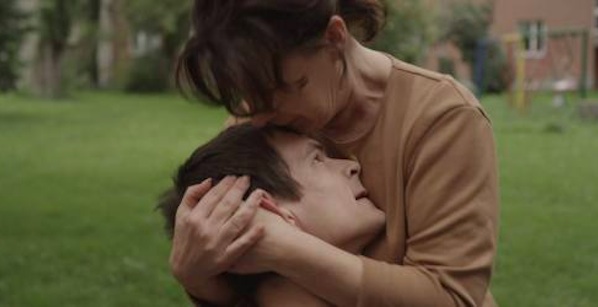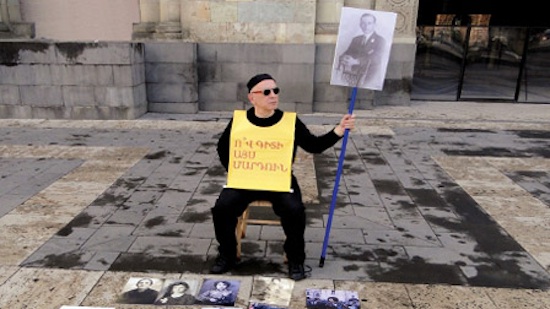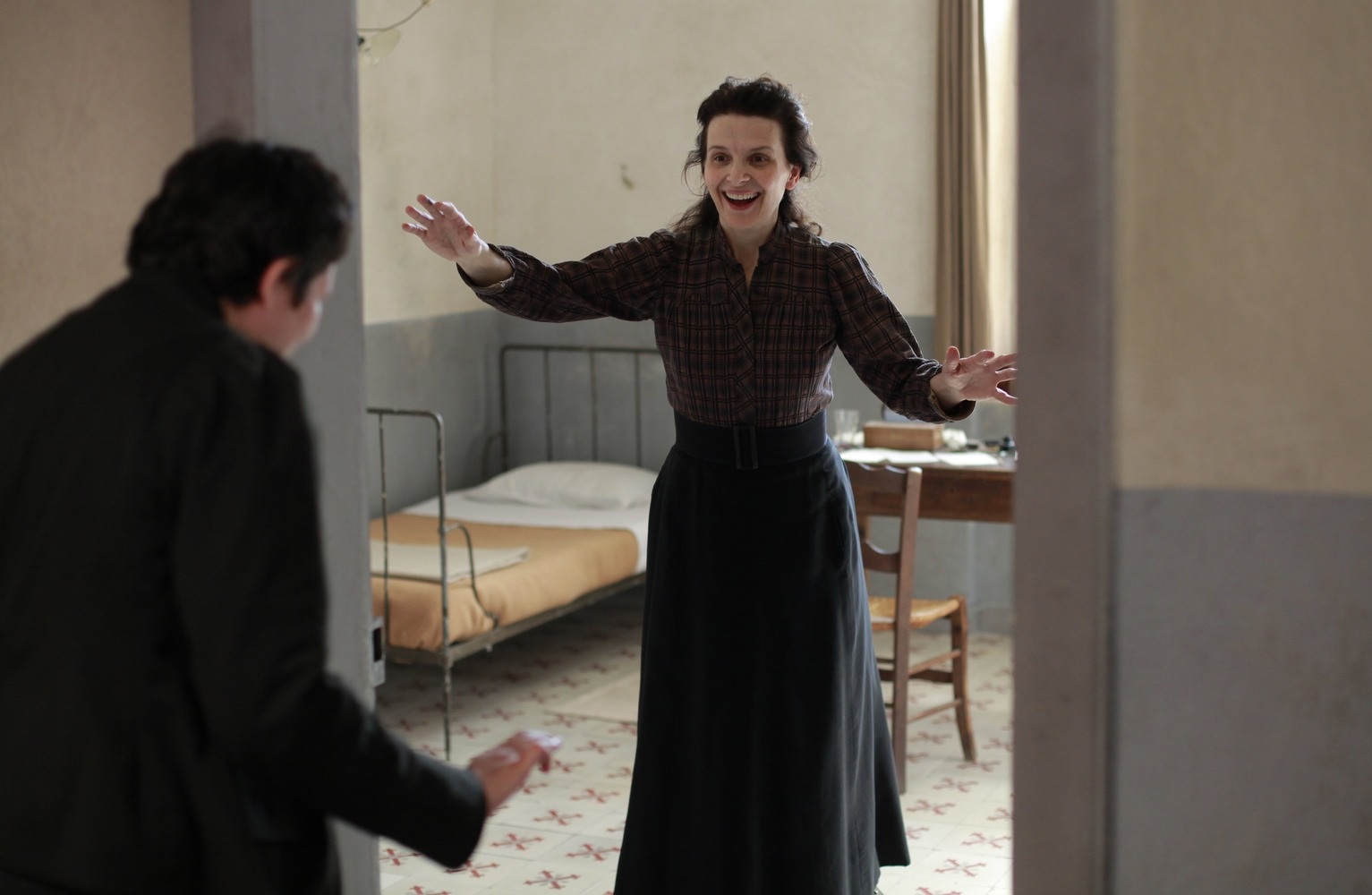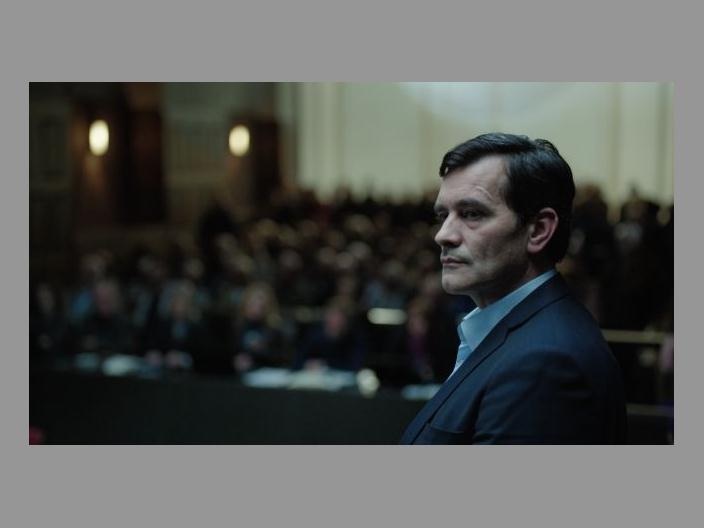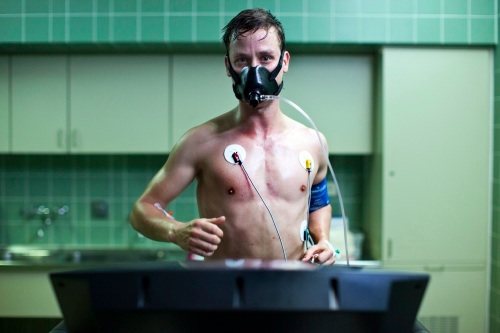Having just wrapped its 37th year, Montreal’s Festival des Films du Monde (that’s “World Film Festival” to you and me) seems more than ever like a once-proud, much-battered old warship desperately overdue for repair—yet the thing still floats, somehow. Having weathered a peak outburst of long-simmering disapproval about a decade ago (there was even an attempt to crush FFM with a rival new festival that proved a one-shot financial disaster), founder Serge Losique is now regarded as an admirably dogged survivor rather than an irksome cultural dinosaur who refuses to let his institutional evolve.
No matter that its funding and audiences have steadily shrunk; that the Toronto International (which opens just days later) now overshadows this festival as a skyscraper does the little flower stand at its base; that Losique and company are so resistant to change that their reliably unappealing program catalog hasn’t even changed typeface in (at least) two decades. After a certain point, the fact that you simply soldier on becomes triumph enough.
With its lowered profile and position (sandwiched between Venice and Toronto, not to mention Telluride), Montreal does not exactly get its pick of prestigious premieres these days. Those few internationally renowned directors who maintained a loyalty to Losique are thinning—Raúl Ruiz and Theo Angelopoulos died not long ago (though the latter was represented this year by his contribution to a posthumously released omnibus feature Invisible World) Beloved Czech veteran Jiri Menzel did turn up with new opera-themed farce The Don Juans, but it was not one of his better efforts, alas. Other names in the “World Greats” section were likely to prompt a dubious “Who?”
(It’s worth noting that some filmmakers in all categories were unable to attend as planned because they couldn’t get visas in time from Canadian embassies temporarily shuttered by terrorist alerts.)
Unsurprisingly, most of what’s ended up competing for FFM’s juried awards in recent years is second-rate, films presumably already passed over by festivals with more international clout. Nonetheless, a few worthy finds always surface, and this year the awards (which have occasionally been baffling) offered a very good overview of what stood out in Montreal 2013.
Exactly the kind of movie that in description makes you groan “Oh no—tear-jerking inspirational uplift alert,” Maciej Pieprzyca’s Polish Life Feels Good turned out to be the kind of movie that in execution earns every last tear, sigh and grin. Its protagonist, Mateusz, is born with cerebral palsy, and spends decades trying to make people understand that he’s not the “vegetable” doctors have always said he is—a near-impossible task, given that he can’t even point, let alone write or speak. His family (well, most of them) is supportive, but they can’t tell that he’s got anything going on upstairs, either. A warmer variation on singular-P.O.V. movies like The Diving Bell and the Butterfly, Life is endearing yet unsentimental. It justifiably swept the Grand Prix des Americas, the top Ecumenical Prize and the Best Feature Audience Award. Rather astonishingly, it did not win (non-disabled) David Ogrodnik the Best Actor nod, but you can’t have everything.
The secondary Special Grand Jury nod went to Norwegian Erik Poppe‘s A Thousand Times Goodnight, one of two major titles starring The English Patient‘s Juliette Binoche. This strong if familiar drama, inspired by the director’s own experiences, has her as a famed war photographer whose diving into “conflict areas” like Afghanistan is a compulsion that risks her neck and the loyalty of a long-suffering family. The actress’ real tour de force, however, was in divisive French auteur Bruno Dumont’s austere period drama Camille Claudel 1915. Pale, drawn, haggard yet somehow more beautiful than ever in a merciless series of extreme closeups, Binoche is riveting as the titular sculptress glimpsed here in the midst of the forced mental asylum stay that frittered away her genius and final decades.
Jan Verheyen won Best Director for The Verdict, a potent drama about serious loopholes in the Belgian justice system—horrifically illustrated when a well-to-do businessman’s (Koen De Bouw) wife and daughter die thanks to a vicious assailant with a long record who nonetheless goes free because of a minor procedural error.
Other notable awards winners included two recipients of the Golden Zenith for First Fiction Feature. Alphan Eseli’s grueling yet often visually spectacular Turkish The Long Way Home portrays a handful of civilians and AWOL soldiers’ struggle to survive freezing winter cold while stranded in a WWI Russian war zone. Costa Rican Gustavo Fallas’ contrastingly small-scale Puerto Padre is a latterday neo-realist exercise whose orphaned teenage hero tries to find his godfather in the treacherous big city. He finds mostly disillusionment instead, but there’s a warmth of observation that makes this something other than a total downer.
Outside the awards arena, Montreal had some worthwhile non-competition entries—if you could find them, most being buried in the catch-all “Focus on World Cinema” category. Two deft German updates of early 20th-century modernist literary classics, Anna Martinez’s Fraulein Else and Nuran David Calis’ Woyzeck a.k.a. The Tragedy of a Simple Man, proved challenging but arresting. Amidst numerous Iranian titles, Al Jaberansari’s droll, quiet Falling Leaves and Abolfazi Suffary’s frenetic, increasingly surreal From Tehran to Heaven both broke from that nation’s cinematic norms. Another very different but strikingly accomplished duo, Kazakh director Emir Baigazin’s Harmony Lessons and Serb Bojan Vuk Kosovcevic’s The Whirlpool, offered different takes on youth gone wild via extreme bullying and violence.
Though local veteran Alain Chartrand’s Summer Crisis—a worthy fictionalized depiction of early Quebec separatist activism circa 1970—won a higher-profile slot in the main competition, probably the best Canadian movie of the festival was Pascale Ferland’s under-radar first feature Riptide. Her low-key drama about three generations of women grieving a man’s death is just the kind of incisive, empathetic depressed-small-town portrait that Canada’s filmmakers (and novelists) have always excelled at.

